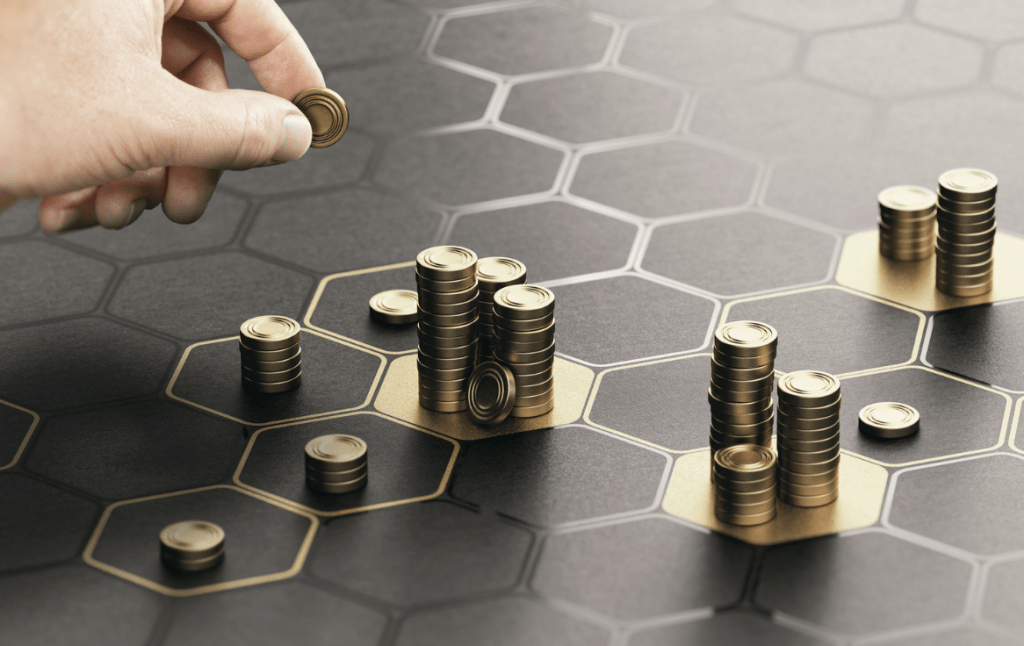When you think of the Middle East, images of bustling bazaars, ancient trade routes, and opulent wealth might spring to mind. But in today’s digital age, the region is quickly becoming a hub for modern trade—specifically, the currency exchange markets, or ‘الفوركس‘, as many know it. Beyond spice routes and oil reserves, the modern Middle Eastern investor is now tapping into the vast potential of trading currency pairs, precious metals and even CFDs, right from the comfort of their home.
Understanding the basics: what ‘الفوركس’ trading implies
‘الفوركس’, also known as foreign exchange or FX trading, is about buying and selling currencies against each other, and it’s quite an intriguing venture. Imagine having a front-row seat to the global economy’s ups and downs, all by monitoring the movements of different currencies. It’s like a game of chess with the world’s economies as pieces, maneuvering for profitability. Just as traders of the past would have haggled over the value of goods, today’s traders debate the worth of the dollar against the euro or the yen against the pound.
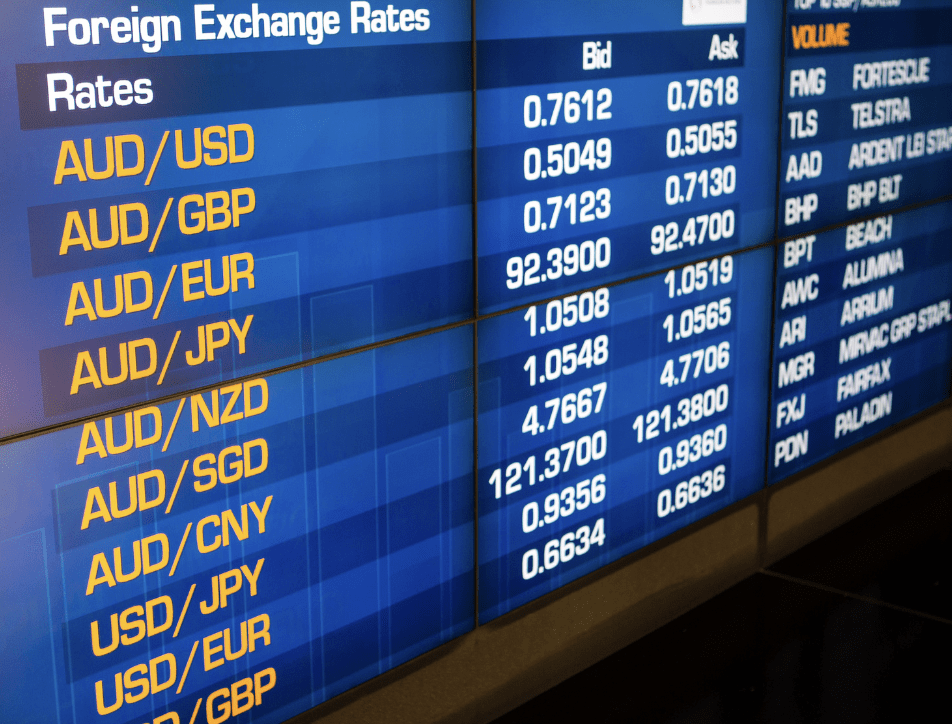
The rising popularity of currency trading in the region
Ignoring the buzz around currency trading in the Middle East is hard. From Cairo to Dubai, individuals are drawn to the potential that ‘الفوركس’ presents. This surge in interest isn’t solely due to the promise of lucrative returns but also to the increased accessibility provided by regulated online trading platforms. They’ve made it possible for anyone with an internet connection and a bit of capital to get in on the action. From ambitious students to seasoned businessmen, the appeal crosses all demographics and offers financial engagement on a whole new level.
How technology is democratizing access to global markets
Forget the exclusive image of stock markets where only the elite play—the internet is the great equalizer. With a tap or a click, the everyday individual now has the global market at their fingertips. This transformation is particularly empowering in a region that has seen its youth leapfrog into the digital age. Sophisticated trading platforms have rolled out user-friendly interfaces and resources, breaking down complex trading concepts into understandable language for the average person, further fueling the democratization of ‘الفوركس’ trading.
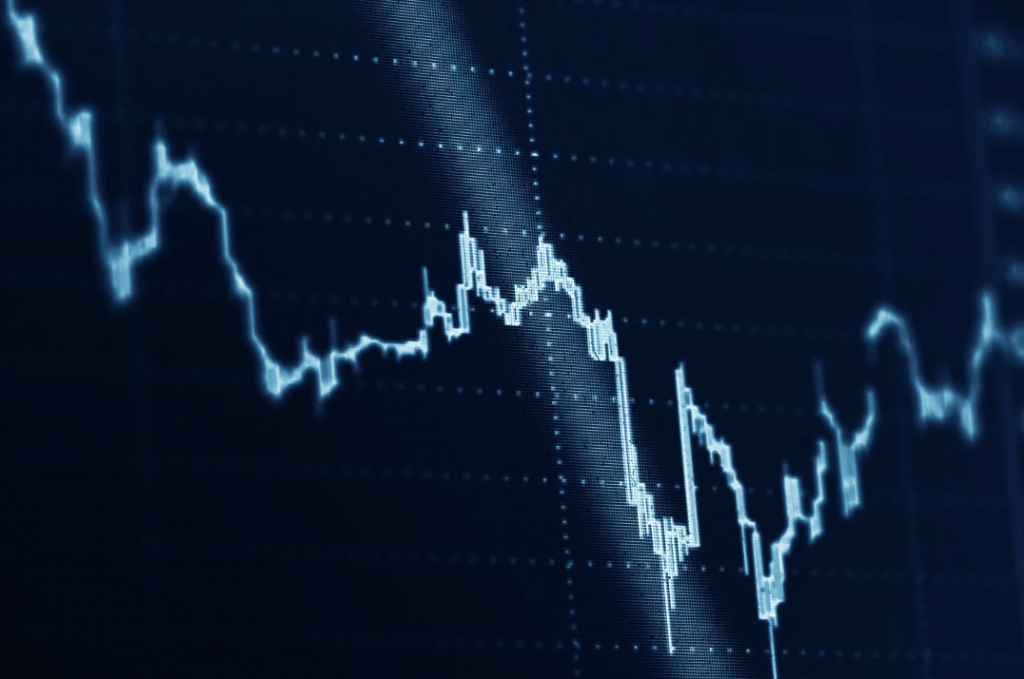

Unlocking the magic of the markets with precious metals
While currencies get much of the limelight, there’s time-honored stability found in precious metals like gold, silver and platinum—assets that have held value through centuries of change. In the ever-volatile financial environment of the Middle East, trading platforms offer a digital gateway to these tangible assets. They are a counterbalance to currency fluctuations, a kind of financial security that appeals to the region’s historically conservative investment palette.
Precious metals as a hedge against volatility in the Middle East
In the face of economic swings, many Middle Eastern investors have turned to these shiny commodities as safe havens. Gold, for instance, is prized not just for ornamentation but also as an economic staple. Precious metals trading has evolved to fit into modern investment strategies. It’s not just about owning physical bars or coins anymore. Now, investors can speculate on price changes without having to store any physical metal—it’s all just numbers on a screen, which reflect real-world value.
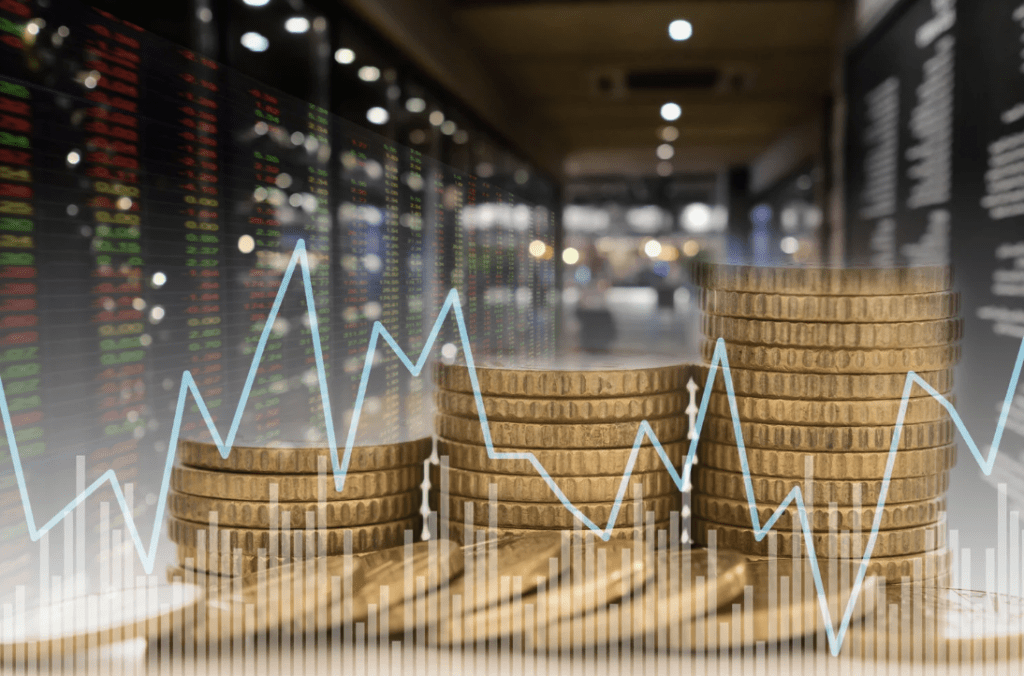

Strategies for incorporating metals into your investment portfolio
For a newcomer eager to mix some luster into their investment mix, starting can be as simple as signing up with a regulated trading platform. Often, these financial portals offer insights into market trends and analytics tools. Say, if geopolitical tensions cause a stir in oil prices, this might impact gold prices as well. With the right information, an astute trader can anticipate such shifts and adjust their strategy accordingly. Diversification is key, as it spreads the risk and increases the chances of catching a profitable wave.
Historical roots to digital frontiers in currency exchange
The Middle East has always been a nexus for global trade. Long before our modern digital era, currencies and commodities from across the world passed through its markets. What used to happen in crowded marketplaces of the past now occurs at the speed of light on the digital trading floor. This historical perspective lends a unique flavor to today’s online platforms, as they weave the region’s rich trading heritage with cutting-edge technology.
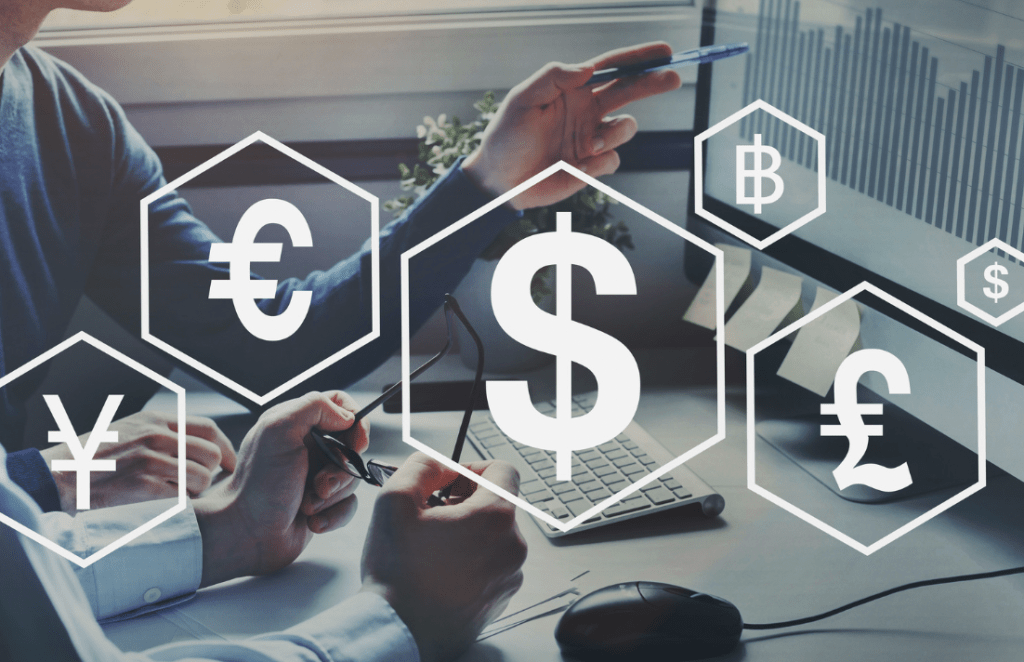

Balancing tradition and innovation in investment strategies
While many Middle Eastern traders honor old customs, they’re also fast to adopt innovative approaches, which are reshaping the fabric of financial trading. For example, some utilize halal trading accounts that adhere to Islamic finance principles, whereas others may explore the edges of financial tech with algorithmic trading. These blends showcase a region that is at once deeply rooted in tradition and eagerly expanding into the future of finance. Middle Eastern traders are carving out their niche, crafting a narrative that celebrates history while embracing progress.
The regional narrative of ‘الفوركس’ and related trading activities unfurls much like the intricate designs on a Persian rug—intertwining threads of tradition with flashes of innovation, giving rise to a robust tapestry of opportunity. As this fusion grows ever more intricate, the allure of the markets continues to captivate the minds and fortunes of those seeking to make their mark in the modern Middle East’s financial landscape.
WE SAID THIS: Don’t Miss…


